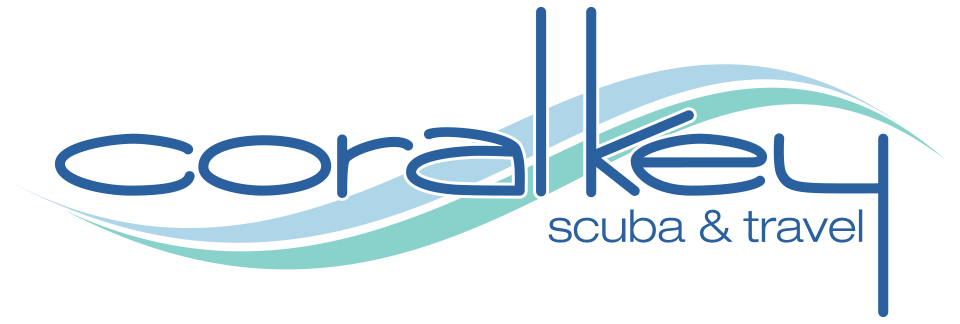Defogging: What's the Best Method?
Can somebody please tell me why its OK to put baby shampoo in a mask for cleaning and de-fog? Just because it won't make a baby cry does not make it safe to put into the ocean. Dive operators around the world use it and dish washing liquid because it is cheap. But they are putting it in the sea! They both contain plenty of toxic chemicals that should not be in our oceans.
PHOSPHATES These are often used as a water-softening mineral and act as a fertilizer in water and are hazardous to consume for both ourselves and marine life. they can deplete oxygen levels and promote the growth of certain algae which are toxic to consume.
TRICLOSAN: This type of synthetic chemical is often added to dish detergents due to its antibacterial, anti-fungal and antiviral properties. this chemical is hazardous to our hormones and disrupts our body’s natural thyroid and endocrine systems. This chemical is also often attributed to the growth of “superbugs” since it bio accumulates in the human body. it can "sabotage some sludge processing microbes and promote drug resistance in others
SLS (sodium lauryl sulfate)/SLES (sodium laureth sulfate) This type of chemical is what gives your dish detergent its foamy property and allows it to cut through grease. While the bubbles are nice to see, they aren’t nice for the sea. This chemical can lead to 1,4-dioxane contamination.
DEA (diethanolamine), MEA (monoethanolamine), TEA (triethanolamine) These chemicals have been found to disrupt hormones in the human body and are known for creating nitrates and nitrosamines. Harmful for the water and the fish often develop ulcers leading to death.
Chlorine Also known as sodium dichloroisocyanurate, this chemical has been listed on both the EPA’s Community Right-To-Know list and the 1990 Clean Air Act. It is extremely toxic to fish.
Formaldehyde This chemical is a known carcinogen and might appear on your detergent label as methanol, methyl aldehyde and methylene oxide. It’s added to detergents along with preservatives so that overtime it is slowly released as a preventative to bacterial contamination. However, concentrations of this chemical are toxic.
Ammonia This chemical is extremely toxic and should be avoided. Many people aren’t aware that ammonia, even if in “trace” amounts, is present in their dish detergents.
Please just buy defog
let the dive operators know that it is not ok to use soaps!

